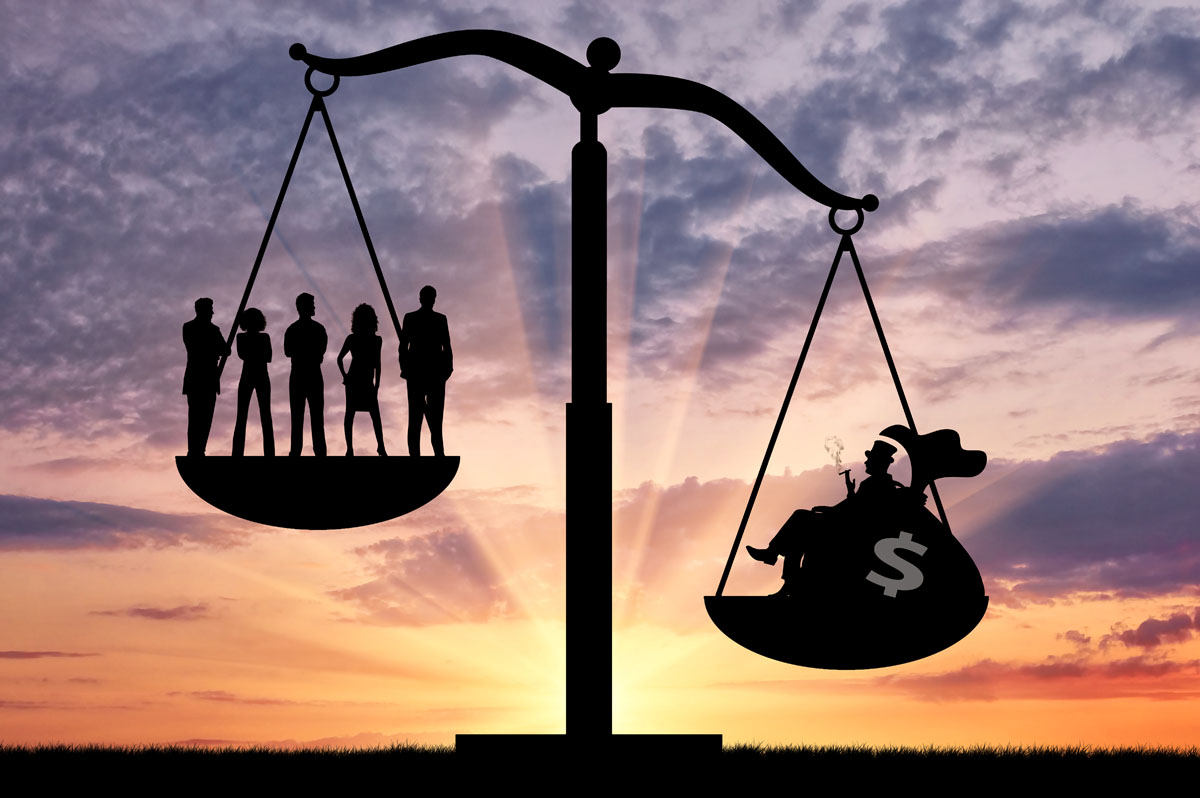From Excess to Access – Building an Enabling World
April 9by Samara Ali
Access – a complicated term which is often simplified to help everyone understand the importance of being able to practice choices. As it is, it simply means ‘to enable’, and yet the debate around this term gets more crucial with every passing day, as we try to understand the significance of it in a world with staggering inequality, marginalization and individual despair.
Before understanding how access matters on an individual level, let’s try to understand its role in the context of health, education and financial sustenance. On a broader dimension, the statistics seem quite progressive – in 1820, only 12 per cent of the people could read and write. Now, only 17 per cent of the world’s population remains illiterate. Encouraging, yet hardly covering the tracks – the battle is not just about the basic ability to read or write anymore, but rather mitigating lack of equity instead of inequality.
From that perspective, the progress remains abysmal, as access to basic education remains inadequate for the growth of developing economies. For instance, in Niger, just 36.5 per cent of 15 to 20-year-olds are literate. The infrastructure of public schools across such economies remains poor, and the outcome is apparent in high drop-out rates of children at the primary level, and ghost schools that continue to be the norm.
When a society parts into two stark segments of the haves and have-nots, a negative spiral begins, of poorer policy decisions, transient infrastructure and social unrest. This is how economic default, the paralyzing consequences of climate change and egregious brain drain begin.
Now let’s consider how tricky it can be for the middle to lower socio-economic segments of developing societies to obtain something as basic as a treatment for a gastric illness. For instance, the limited medical infrastructure and number of skilled specialists have worsened the provision of basic clinical services such as an endoscopy, which are perhaps only available in the ‘centres of excellence’ as a routine procedure and remain rudimentary at best.
Health and education are two components of development that hold the strength of a society’s socio-economic strata, whereas the financial infrastructure is what enables it. But if one would notice the countries that are severely affected by tax evasion, from Guyana to Pakistan, that cumulatively lose more than 8 per cent of their GDP to such avoidance, also happen to be predominantly cash economies. This represents a mammoth amount of revenue which is channelized into an illegal grey economy, away from creating the necessary developmental infrastructure which could otherwise be spent to improve access for the masses.
While such challenges incapacitate the economy’s potential, it also further obliterates access for women and the marginalized communities. What we must consider are not just the social norms which thwart access to education, health and financial awareness for such segments, but also the systemic issue that arises because of them.
Let’s consider the example of a simple, yet covertly harmful regulation practiced within the banking industry of Pakistan for a very long time – that women can’t collect loan financing for their enterprises without a male co-signee. By simply extending the social norm of negating the capacity of women to economically participate for their households, we are setting the vicious trap of financially excluding women that goes on to become a systemic issue as their lack of access to such products results in lack of data which is required for serving the needs of the under-served in an efficient manner.
When a society parts into two stark segments of the haves and have-nots, a negative spiral begins, of poorer policy decisions, transient infrastructure and social unrest. This is how economic default, the paralyzing consequences of climate change and egregious brain drain begin.
What needs to happen is a shift in the way we see this problem. Developmental issues aren’t simply for policy-makers and the government to resolve, but it’s rather a concerted effort of institutions across an economy. In fact, individuals who operate at a grass-root level to create access, such as improving water sanitation through smart distillation system are effective in creating the multiplier effect of building access for those without clean drinking water in remote regions.
Corporations across the globe have achieved remarkable innovation in supply-chain logistics which has allowed consumerism to reach its acme, but to balance-out such efforts, the focus must now shift to channelizing such innovation to development efforts through public-private partnerships to create access for those who perhaps are a dollar away from survival.
Samara Ali is a business graduate from Pakistan who loves to discuss ideas and achievements that can create cultural change around the world, in any magnitude.






